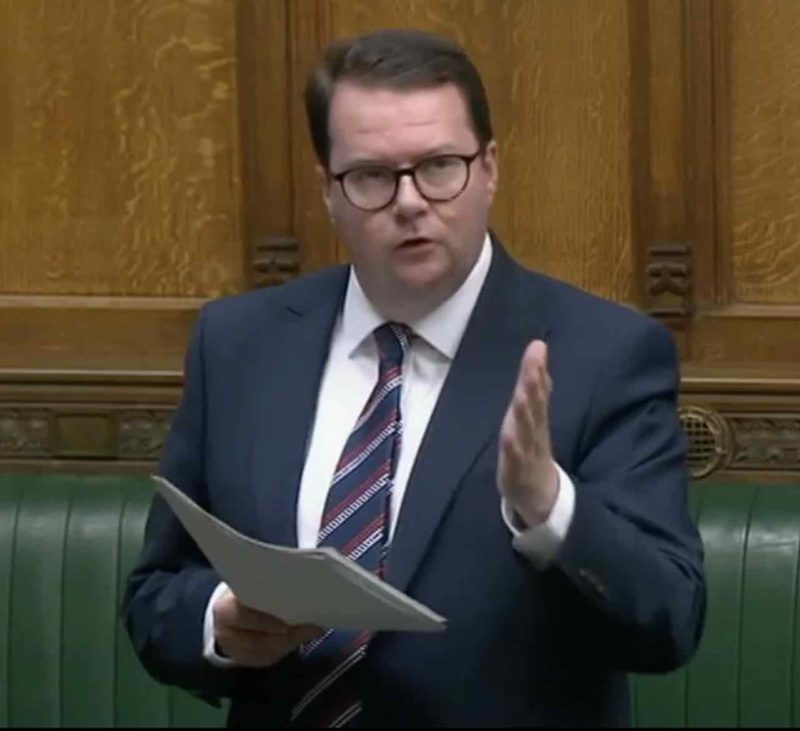Conor McGinn MP Member of Parliament for St Helens North
Conor McGinn, Labour MP for St Helens North, has led a key parliamentary debate on the British glass industry, highlighting the pivotal role St Helens has played – past and present – in making it a world-leading innovator and powerhouse.
It represents the first Commons debate focused on the national glass industry for over two decades, the last being in March 2001.
Mr McGinn’s adjournment debate – called so as it takes place before the Commons rises for the day – took place last Thursday 14 July on the floor of the House, and received an official response from Greg Hands MP, Minister for Energy, Clean Growth and Climate Change in the Department for Business, Energy and Industrial Strategy.
In his intervention, Mr McGinn praised Britain’s glass industry as a “giant”, citing the £1.3 billion it adds to our economy annually, as well as the 6,000 direct jobs it creates and the approximate 150,000 additional jobs it supports in the supply chain – many of which run through the North West.
St Helens has always been pivotal to that success. The British Cast Plate Glass Company establishment at Ravenhead in 1773, arguably marking the origin of the British and global glass industry. In 1826, the St Helens Crown Glass Company was founded by the Pilkington and Greenall families and in 1845, its name was changed to Pilkington Brothers. Fondly known as “Pilks”, it remains a byword for excellence today.
2022 also marks both the UN’s International Year of Glass, and the 70th anniversary of the revolutionary float glass process pioneered by Sir Alastair Pilkington.
Mr McGinn also highlighted St Helens’ role at the forefront of glass-making innovation today, not least as industry and wider society fight to de-carbonise production and meet ambitious climate targets.
A key example is the cutting-edge project he is helping to advance with St Helens Council, Liverpool City Region, Glass Futures and their partners to create a £54 million, 160,000 square foot Centre of Excellence, in the heart of the borough, for the sustainable manufacture of glass globally.
The project is set to deliver initially 80 new permanent jobs, over 700 apprenticeship hours and 100 volunteer hours committed to local green projects. Having turned the project’s first sod in February, it is quickly progressing.
In the debate, McGinn also raised some of the big challenges faced today by this energy-intensive industry.
Glass manufacturers have seen gas and electricity prices skyrocket as high as quadruple and triple their usual amount respectively over recent months.
Energy supply, in and of itself, also remains a key concern for industry to function, with any shortages over the coming winter posing serious risks. Mr McGinn also raised the need to keep the industry globally competitive.
He called on Government to address these points, and protect the glass industry through this period. He reiterated Labour’s call for a £600 million contingency fund to do this, a move that would help energy-intensive firms in glass, but also steel, manufacturing and wider industries.
Commenting, Conor McGinn MP said:
“I was delighted to lead this important, timely debate on the British glass industry and St Helens’ pivotal role in it.
“Glass has always been ingrained in the fabric of our country, and is what makes Britain great. From the birth of the float process at Pilkington’s in the mid-20th century, to the work we’re doing today with Glass Futures to revolutionise and de-carbonise production, we in St Helens are proud to be at the beating heart of that story.
“Our St Helens glass is the best in Britain, and British glass is the best in the world. Let’s keep it that way, and shout it from the rooftops”.
You can read more in the St Helens Star here.

